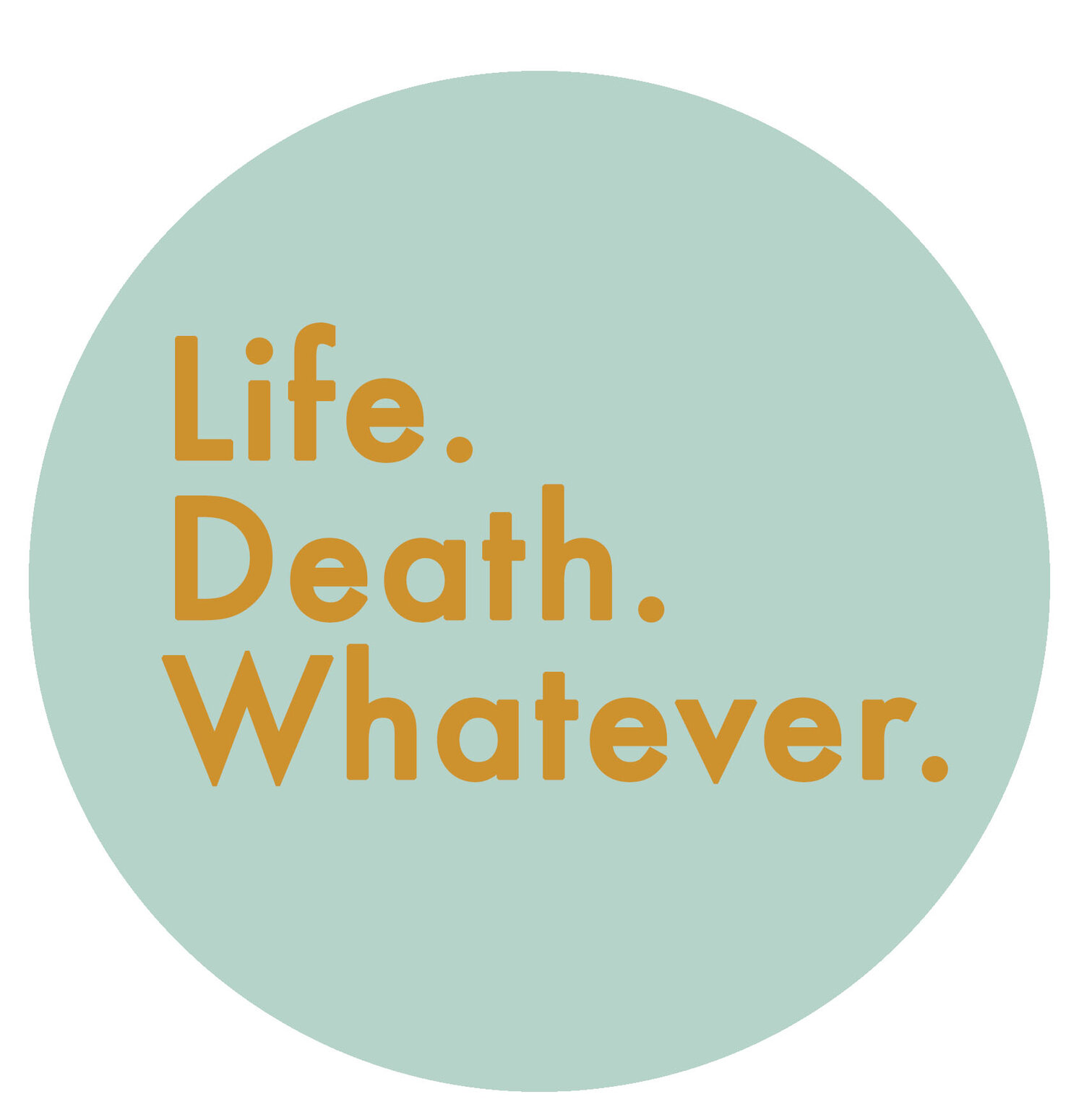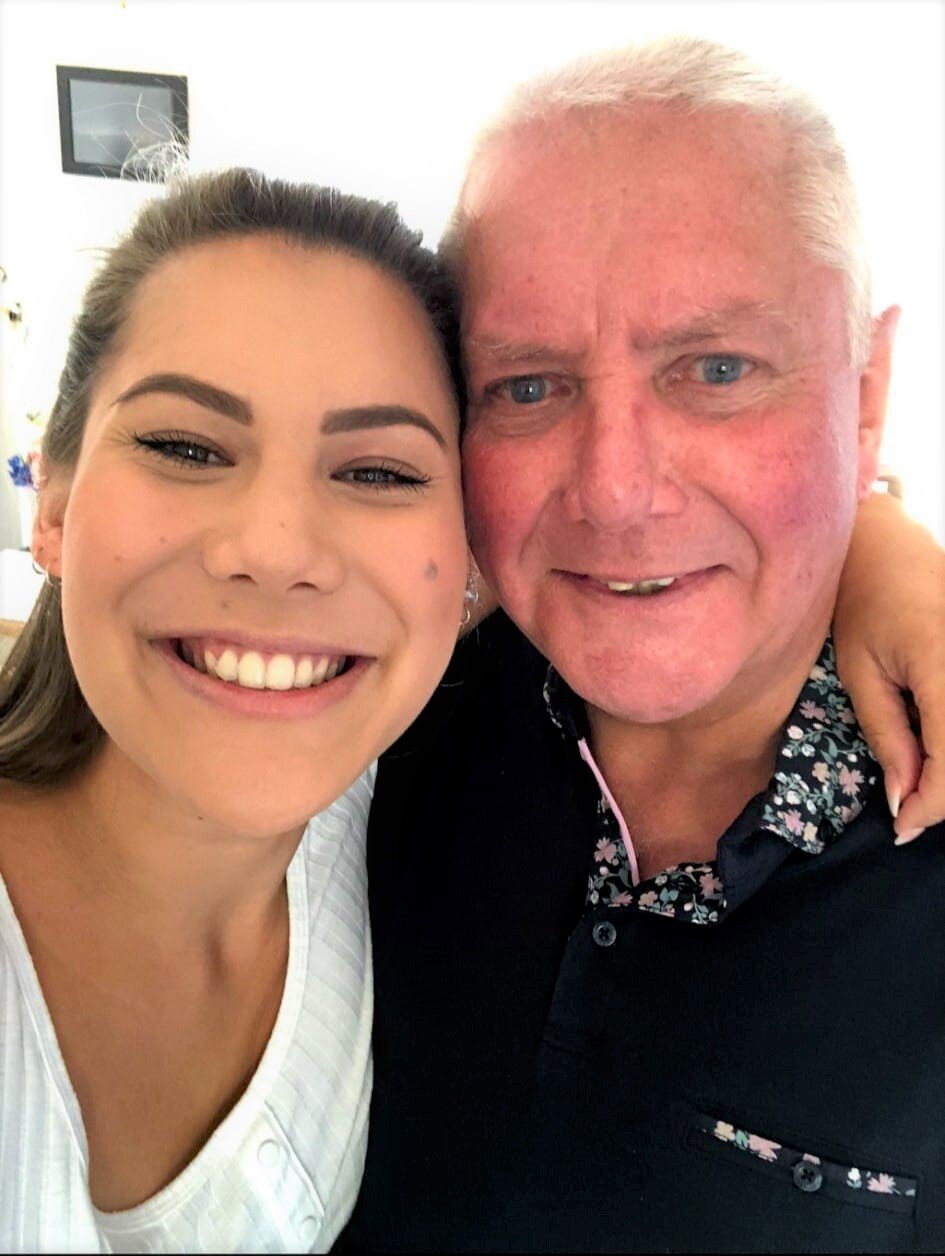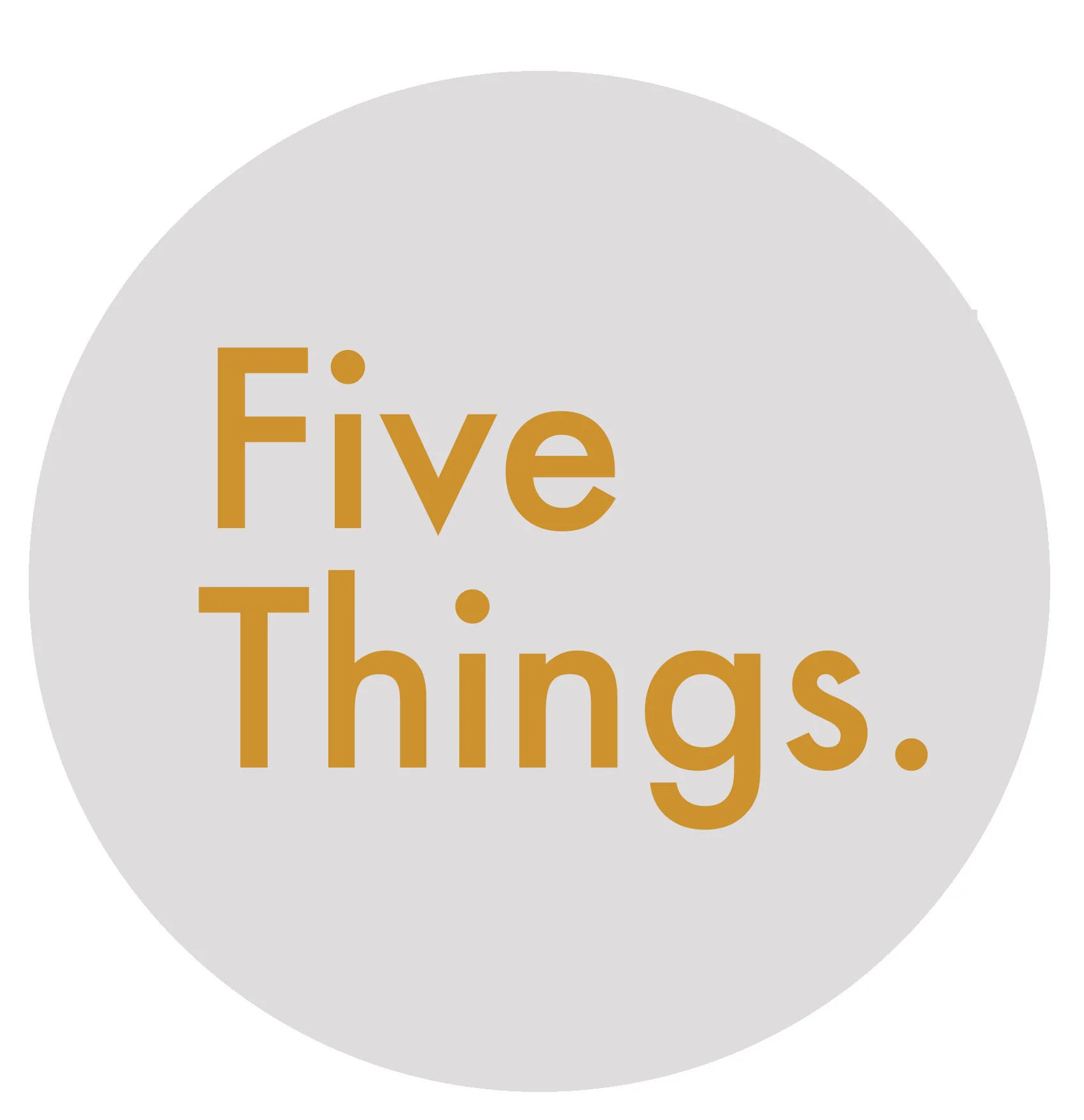By Helen Smith, whose dad died from COVID-19 in April 2020
Helen’s dad, Ian
Losing my dad to a virus that didn't even exist six months prior is still near impossible for me to get my head round. It makes you feel completely alone, isolated and helpless. Remember, though, that you never are, even if grieving in lockdown convinces you otherwise. Modern technology is a lifeline, and there can still be so much support found through social media, online resources, and even video or telephone calls with friends. You just have to find different ways to reach out, and though it's never a substitute for a physical hug, there are still always people there for you.
Grieving in lockdown can be extra tough because you are limited with how you can distract yourself. It gives you more of an excuse to spend all day in bed for days on end. It's therefore important for your mental health to make sure that even if you aren't going anywhere, you still get out of bed, shower and put on fresh clothes, even if it's to just go and sit and cry on the sofa. It makes a difference.
COVID-19 robbed us of so many things...kissing my dad goodbye, being able to see him in the Chapel of Rest, hugs from family and friends and having a "normal" funeral. Do the best you can with the restrictions that are in place. On the day of Dad's funeral, friends lined up down the street socially distanced, dressed in Dad's favourite colours to meet his hearse and pay their respects that way. We then organised a "virtual toast" to Dad, where friends and family from all over the world raised a glass at the same time from the safety of their homes, and sent us the photos. Down the line we plan to throw a proper memorial party in his honour.
Find ways to distract yourself at home that still allow you to grieve and honour your loved one. I am currently on furlough, isolated at home with no obvious light at the end of the tunnel. I've therefore taken to sharing my grief journey on Instagram as a cathartic release, writing poetry, talking to friends, baking, looking at photos of Dad, scrapbooking, gardening, going on walks, reading (books on grief). Creating a bit of routine when there's no real routine has helped.
My mantra is "one step at a time." Every tiny step is an achievement, and it's okay to take no steps at all sometimes. Cry when you need to cry, ignore people when you don't feel like speaking, blast music and go on a run when you need to clear your mind, have a nap when you're tired. Just one step at a time, and all in your own time.
About Helen Smith
”I'm Helen, and I'm 31. On 9th March 2020, my dad Ian received a full bill of health from his GP. On 10th March he started to feel a bit unwell. This was the last day I ever saw him, and also happened to be my mum's birthday. By 11th March he was bedridden, where he stayed for two weeks (except for a visit to the GP where they ruled out COVID-19). On the afternoon of 23rd March, he was bluelighted to hospital, and by the evening, he was one heart attack down, on a ventilator and in an induced coma. He never regained consciousness, and passed away on Sunday 12th April with me, my mum and my brother by his side (albeit in full PPE).
That was the day my life turned upside down, and now I am working out how to navigate the majority of my life without him: my number one supporter, my guiding light, my Mr. Fix-It, and my absolute best friend. My Pops.”
You can follow Helen on Instagram, @lockdowngrief




